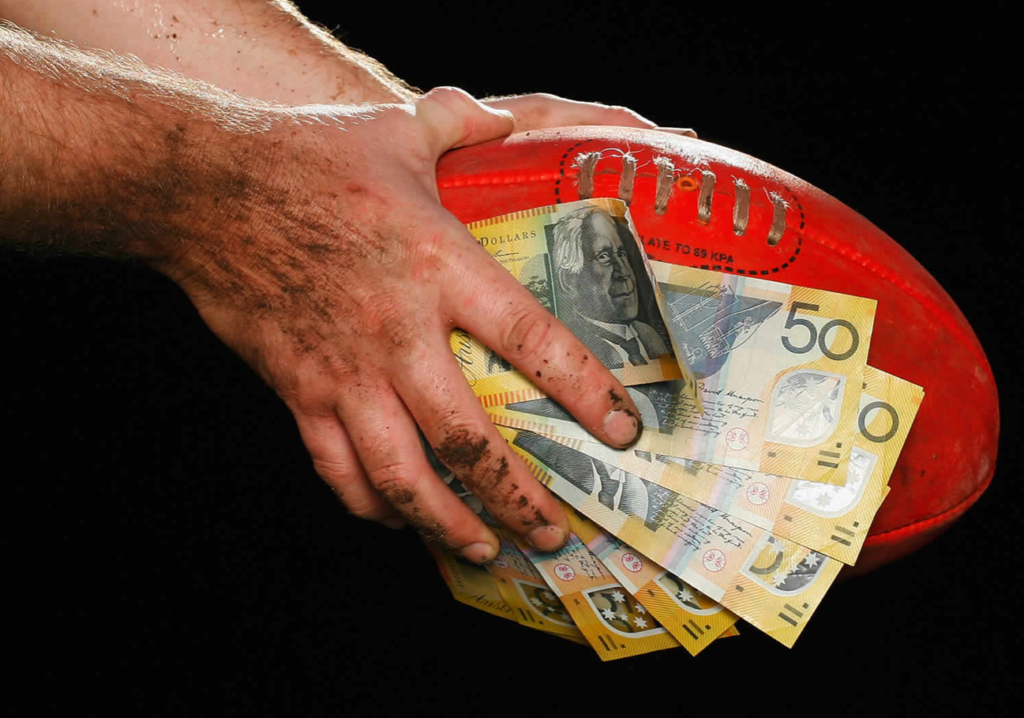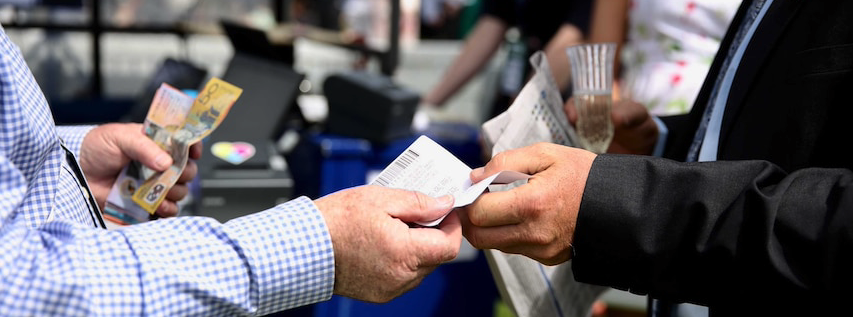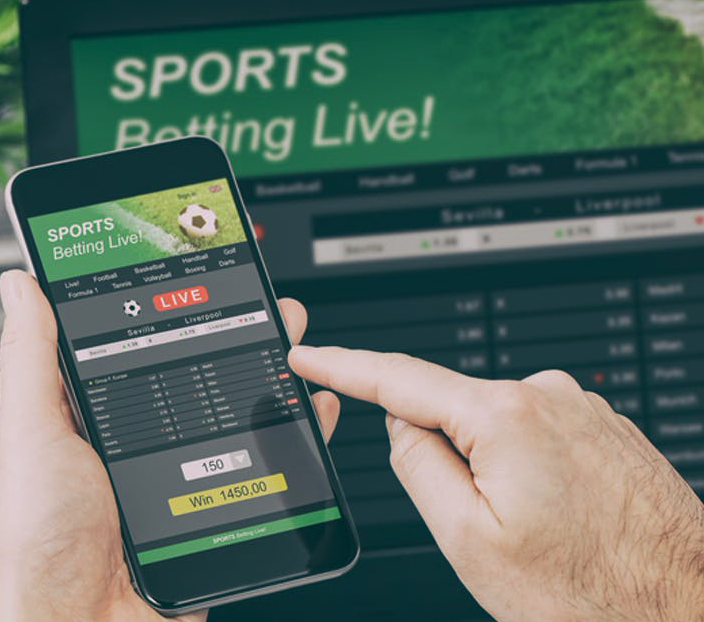Defining Match-fixing:
“Irregularly influencing the course or result of a sports event in order to obtain advantage for oneself or for others and to remove all or part of the uncertainty normally associated with sport.” Gambling in sport is based on one of the fundamental aspects of why so many people love and enjoy sport, the belief in the fairness of the contest and the uncertainty of the outcome.
Therefore when these things are compromised, sport becomes pointless. Match-fixing and the associated corruption that stems from it, is not limited to professional or high performance sport. Match-fixing has happened at local matches and tournaments across the country. No sport scapes from match-fixing in some form.
Gambling in Sport.
The main reason people get involved in match-fixing is for personal or financial gain. Sports betting agencies have a high profile in Australia and offer the opportunity for gambling high sums on sporting events with the prospect of very high returns.
It is important to understand that betting itself is a legitimate pursuit, but illegal or fraudulent betting is not. It is this illegal and fraudulent betting on sport, often through offshore online agencies, that some people see the opportunity to manipulate games for financial benefit. This has serious implications for sport at all levels
Australia is a nation of gamblers. Per capita we lose more money to gambling than any other nation in the world. That makes us a magnet for betting agencies looking for new ways to separate punters and their money.
What the law says.
Most forms of gambling are legal in Australia and regulation of the industry rests largely with the states and territories. Complex set of laws vary between jurisdictions and opens the way for a poorly-regulated industry to thrive. Now, thanks to the internet, sports gambling is borderless and largely beyond the control of governments anywhere.

A ban in non-professional sports?
A blanket ban on non-professional sport gambling may seem like a simple and effective solution, but there are many who claim this would create more problems than it would solve. They argue that:
- Wagering on sport at all levels goes on now and will continue to do so even if a ban is in place;
- Illegal, under the counter betting will flourish, opening the door to criminal influences;
- A transparent bookmaking industry provides opportunities for regulation and control;
- Gambling taxes provide revenue for the government;
- Betting agencies participate in sports sponsorship and local clubs generate much-needed funds in the same way.

Most of the arguments in the ‘no’ camp focus on the harmful effects of gambling, already evident in our community:
- Opening up amateur sport to online gambling just encourages a habit that has many negative side-effects.
- Thanks to the prevalence of betting advertising during sports broadcasts, children already think of sport in terms of odds. Extending that to local sport would just reinforce the idea that sport and betting go hand-in-hand.
- Sports betting is already a popular ‘drug of choice’ for problem gamblers and it is often young males who are most at risk.
- A lack of money in local leagues increases vulnerability to match-fixing attempts. The highly-paid elite player resists the temptation of a big bribe, but what about the club-level player on an apprentice’s wage or the volunteer referee who only gets reimbursed for costs?
- We should be protecting sport and the interests of the wider sporting community against match-fixing and corruption.

What should sports club do?
The first thing any club should do is have a serious discussion about the issue and decide on a policy. Consult your national sporting organisation to determine their position and talk to your members to find out what they think. There are a few clubs and leagues who are already dealing with the issue. Do your research, contact them and ask questions.
If you are against gambling in amateur sports or fearful that it could ruin the integrity of your sport, you shouldn’t just hold out for legislative change because that may take a while. For the moment we have to rely on the integrity of local players and officials to keep sport fair. There are some things your club can do to encourage fair play, including:
- Ban players and referees from betting on matches or competitions in which your club is involved.
- Develop a gambling policy to ward against corruption and include penalties for breaches of conduct.
- Participate in campaigns to reduce gambling addiction.
- Encourage integrity and honesty and a sense of fair play at your club. Include these qualities in your club’s Code of Behaviour.
- If your club is unhappy about a betting agency offering odds on matches in your league, gather support from other clubs and go to the media. Bringing the issue to the attention of the public may help to dissuade further activity.

